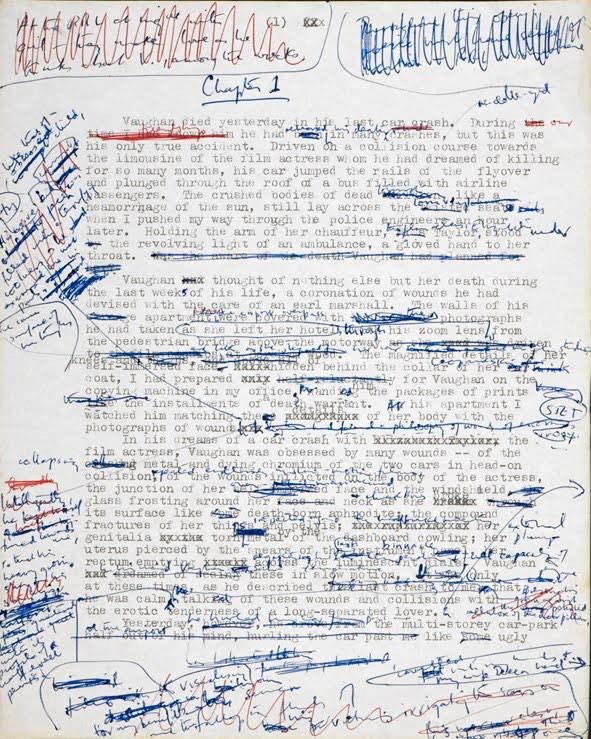Editing
Writers’ and their Secrets
One of my PhD candidates sent me the first tentative draft of a her work – her progress so far. A literature review in which she explores what has not been written so far about her subject. We’ve spent a few months (with my co-supervisor) talking about her approach. And while I was confident that she was working, a few months into her PhD – I hadn’t actually seen anything. The subject line of the email to which her work was attached was entitled “dirty secret’.
I hesitated before opening it.
In her email she explained how embarrassing it is to send a working draft of her work. It feels like something slightly shameful that one would rather no one else know about. The tyranny of light – of being exposed – caused her a degree of discomfort. In sharing a draft you are subjecting your developing ideas-in-transition to someone else’s judgement. At whatever stage you are in your academic career, this is a risk.
I knew of course precisely what she meant. Indeed, rejection is a professional hazard in academic life. Writing in his online academic diary, Les Back professor of sociology at Goldsmiths, London University – discusses his experiences of peer review.
What is interesting to me here is not the bullying critic who uses the mask of anonymity to flaunt their intellectual prowess. It is more the possibility that one reason why this sort of thing happens is because of how we view writing and what we imagine writing to be.
There are few moments when I will lament the introduction of things digital. The pristine, illustrated neatness of digital text appeals to me. Its complete search ability means you never have to say, ‘damn – what was it that this writer said’? It allows you to catch hold of those strands of thought that resonate as they pass you by. The thoughts you like but have to ignore because you are in pursuit of something else and haven’t got time to to grasp hold of them. But, what is lost in the digital is the tactile pleasure of the edited text. The mess is too easily and too neatly swept away. I’m thinking here about the anthropological roots of writing. How does it happen, when and where, why, with what resources, tools and engagement and what implications.
What are our respective writing ‘practices’.
The image that illustrates this post is that of a writer editing his work – J G Ballard’s manuscript of Crash (available at British Library). Posted on twitter by Johnny Geller, literary agent and serial tweeter; the image illustrates – to write is to re-write.
What matters of course is that when we expose our textual secrets to the curious glare of others, we are doing something as much as we are saying something. Frankel (2013) suggests we might consider these messy little inscriptions as ‘writing acts’. In so doing he invokes Austin, a philosopher of language, echoing his notion of ;speech act’. The fact of writing – the fact of writing in public – produces, precipitates, brings into being – performs – a particular self. A particular academic scholarly self. It is the fact of writing, the process I want to being attention to. If these things that I bring attention to were to become scholarly (rather than merely throwaway conversational), they would develop into a consideration of the anthropological roots of writing rather than the thing – the written thing – itself.
Fraenkel, (2010) Writing Acts: When Writing is Doing Ch 2 in Barton, D., & Papen, U. (Eds.). The anthropology of writing: Understanding textually mediated worlds. Bloomsbury Publishing.
This entry was posted in Writing and tagged Barton & Papen, Editing, Writing, Writing Act.
